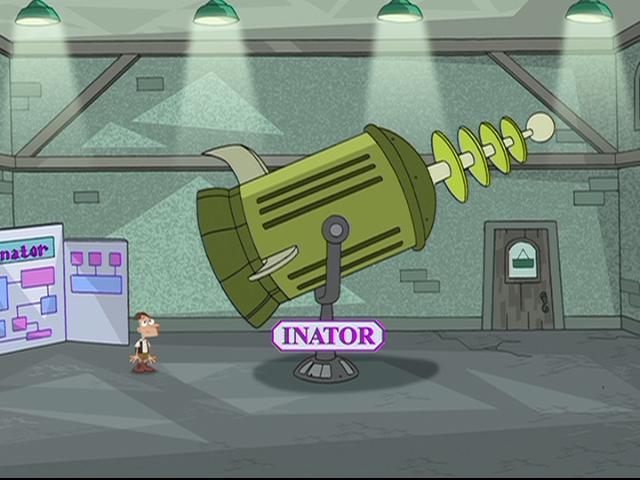6 releases
| 0.2.2 | Sep 28, 2023 |
|---|---|
| 0.2.1 | Sep 28, 2023 |
| 0.1.2 | Sep 28, 2023 |
#671 in Data structures
155KB
3.5K
SLoC
inator: an evil parsing library
You supply the evil plan; we supply the -inator!
or, Provably Optimal Zero-Copy Parsers with Nondeterministic Finite Automata

Why?
Computability theory has known for ages that every decision problem (anything with a yes/no answer) has a unique and provably optimal representation as a finite automaton.
This is the insight behind regular-expression searchers like grep, but—as far as I'm aware—anything more than a decision problem is theoretically not optimizable.
How?
This library uses the same high-level machinery as tools like grep but augmented with some extra goods:
Given a specification like "parse A after B" or "put this thing in parentheses" (and infinite combinations of similar things), we write a graph with a set of initial nodes, a set of accepting nodes, and some directed edges marked with input characters. From this, the computability theory stuff kicks in: we can minimize this to a graph with the provably minimal number of states that will tell us "is this valid syntax or not?"
Then, although we can't provably optimize your code, we let you write functions that effectively hitch a ride on the optimal decision graph we just made. Specifically, each edge—that is, each time you said "parse this token"—you can call a function on the data so far, using that token, that returns the next state.
Last of all, you can convert this optimal graph to a Rust source file: not only can we prove the implementation is optimal, we can leverage Rust's binary optimizer to make it run literally as fast as possible.
What does this whole process look like?
Surprisingly, it looks a lot like just writing down what you want. Here's the definition for "put this thing in parentheses":
pub fn parenthesized(p: Parser<char>) -> Parser<char> {
ignore('(') + p + ignore(')')
}
So, if p is a parser that accepts ABC, then parenthesized(p) will accept (ABC). Simple as that.
The key idea here is that parsers are data, and you can pass them around, modify them, and combine them just like anything else.
See the example folder for a working self-contained crate using inator that reads characters from a tuple representation ((), (A,), or (A, B, C, ...)), ignoring whitespace.
In that example, the entire parser could be defined in a single line, but I split it up to illustrate, first, that you can do that—you don't have to have a once-and-for-all megaparser—and, two, to explain as much about using the library as I can in detail.
Anything else cool you can do?
Yes! Since we're really just riding on top of a decision-problem automaton, you can take a specification and invert it to produce an infinite stream of random strings that are all guaranteed to be parsed correctly. If you're writing a language, this means automatically generating all possible valid source files.
And, you guessed it, this gets compiled down to Rust source as well, so your property-tests can be ridiculously effective.
Why not other parsing libraries?
Please try other parsing libraries! This is my favorite, mostly becuase it's pure Rust with zero macros, no new syntax, zero input copying, parsers as data, automatic input generation, and—well–I wrote it, but I'm not too familiar with other libraries, so I can't in good faith recommend this one too highly.
My primary goal was a personal tool, but it turned out much better than I expected, so I'd love to see you use it and get your feedback!
Acknowledgments
First off, to Haskell's parsing libraries (and UPenn's Haskell course) for showing me that parsers can even work this way. Most of the syntax is inspired by Haskell.
Second, to Rajeev Alur and Penn's CIS 262 for formally introducing me to nondeterministic finite automata.
Third, to Rust.
Dependencies
~0.7–1.4MB
~29K SLoC